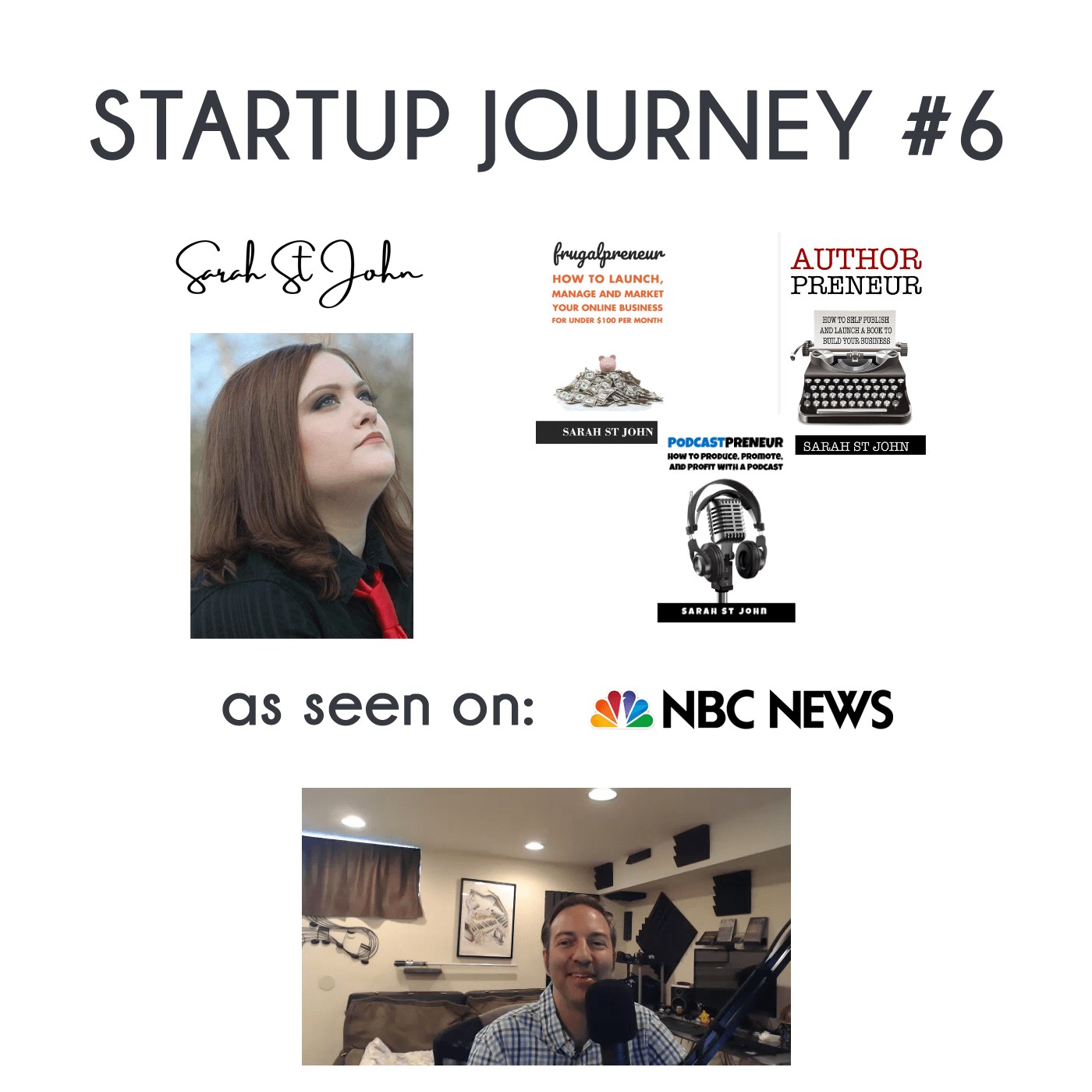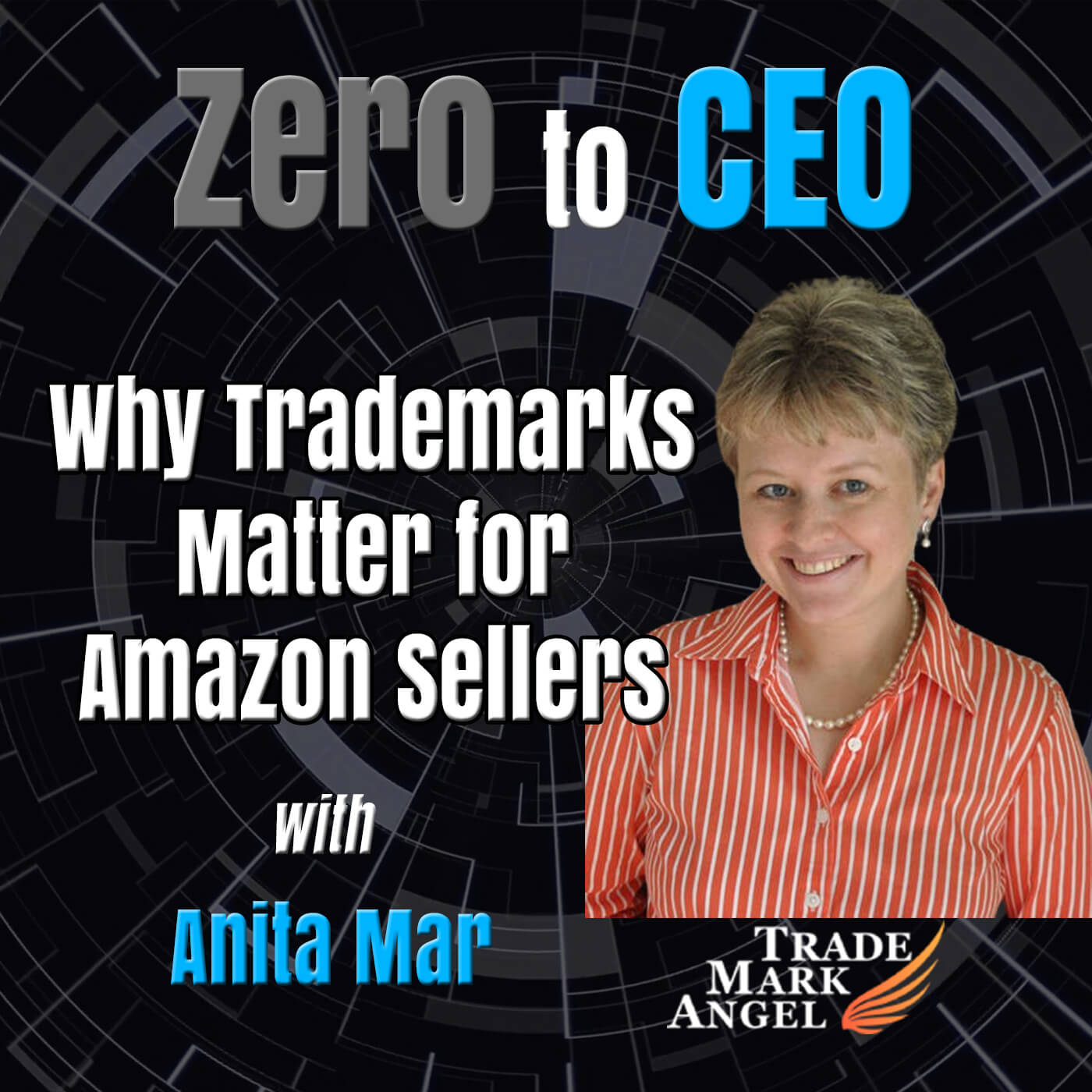Why investors should invest in entrepreneurs not ideas

This episode gives you some insight as to why investors should invest in entrepreneurs instead of just ideas. There are so many failures out there, and a lot of times it’s because investors fund companies that are started by people with connections of some kind. What about the thousands of other entrepreneurs out there who never get a chance? Find out what I think in this week’s episode:
If you enjoyed this episode please subscribe and share this podcast, and if you’d like to further support this small business, feel free to donate via PayPal. Your support is appreciated!
Feel free to watch the video here:
Here’s the transcript from this podcast episode, please excuse any typos!
In today’s episode we’re going to talk about why investors should not be investing in ideas, and instead why they should be investing in entrepreneurs and the people who are executing the ideas, because as we all know the old saying, ideas are a dime a dozen. Throughout history, experts in their field like historians, scientists, entrepreneurs, people like Nikola Tesla, have revolutionized various different things. And there were so many ideas that they failed so you didn’t really know about them. And of course you heard about the ones that caught on the public. But this didn’t stop investors from continuously investing his ideas, because he was a brilliant entrepreneur. So while his ideas all worried. Great. He was so always curious why investors don’t invest in entrepreneurs, instead of ideas. I can give you so many examples of entrepreneurs who raised tons of money, but then they failed miserably within like six to 12 months after receiving the money. And it seems as if the investors believe in their idea, but the entrepreneurs weren’t the right fit for the idea.
Then you have entrepreneurs who are genius, they are brilliant. And they are the ones who struggle to get funding. It just doesn’t make any sense to me. I’ll never quite understand why you know there’s so many politics and connections involved with getting funding. You know, you either know the right person, or you graduated from the right university or you had the right connection or you worked for a large fortune 100 company. And it seems like if you didn’t do one of these things. It’s really hard to get funding. You know there’s a big misconception out there. When entrepreneurs think they can start a tech startup as a platform and app and they say, Oh, I can get seed funding, I can raise a $250,000 seed round. But, when they actually try to raise that money they realize that’s not true, most investors and when I say most investors I’m going to say it’s somewhere in the 90 percentile range of investors do not invest in seed rounds it’s always series A where you’re already earning revenue you already have a million users, you already proved out your concept. You’ve already mitigated all the risk that the investor would take on it. All they’re really doing is giving you money to grow what you’ve already established. The majority of investors don’t want to help you get to that point. That’s your job without funding, which is a catch 22. It’s the chicken in the egg scenario. You can’t get funding without already scaling and getting traction and earning revenue and your platform, you can’t get traction and revenue and scale your platform unless you get funding to do so so it’s a really difficult situation that has been plaguing entrepreneurs for years.
You could say the same thing about Hollywood and the entertainment industry. For example, I finally saw the movie Tennant. And it was very hyped up for this year. Critics have been saying it’s the most anticipated film of 2020, Christopher Nolan is a genius because he has made some amazing movies, but mento Inception Interstellar the Batman series, and so on and so forth. So he has a track record right of putting out these good movies so the investors or the Hollywood producers said sure. Here’s another 200 plus million dollars. Go ahead and write and direct another film. This time it was called Tennant. And for me personally it was a huge disappointment. It was confusing it, you know, it was kind of like a James Bond movie but it wasn’t and the storyline really didn’t make a lot of sense. The dialogue was really convoluted. So it’s just an example of investors or Hollywood just throwing money at someone who had an idea. Let’s say Hollywood decided to take $200 million. Okay, let’s say, Universal Studios or MGM or Columbia Pictures, any of them are all, they’ll put together a lot of money. Okay, so let’s say there’s a $200 million fund for independent films. And instead of giving that money to one person, one writer or one director. They split that up into $200,000 chunks and give that budget to 1000 filmmakers, you know, let’s say, in every major city.
So if somebody like me would get a $200,000 budget. You know I’m in the middle of making a documentary. And for me to find financing for that documentary is really difficult. I mean, I’m applying for grants for like $5,000 is a measly amount of money just to pay for a crew and for an animator and for a musician to do a score. You know, I don’t need $200 million. I can make a movie for $200,000 and I guarantee you the movies that you would get out of these 1000 well known filmmakers, you know, we’re independent but we’re still not, we’re very artistic and we have great ideas. And since we put our heart and souls into these films. They really translate well for audiences versus some big blockbuster action film that was just a mess. So take the money give it to 1000 filmmakers and get 1000 quality movies, and then guess what, out of those 1000 you have a much better chance of success because even if half of them are horrible, you still have 500 good movies, let’s say it’s even 10% good movies, it’s still 100, if it’s 1% you’re still getting 10 good movies, versus one horrible failure. Same goes for entrepreneurship and tech startups.
Investors are really eager to give people who have connections, people that worked at Google and Facebook people who had, potentially, you know, a successful career in a large company, $100 million to start a business to start a tech startup without any kind of proven validation of the concept. Any mitigation of the risk has the same types of rules they sit on these entrepreneurs. Take that 100 million dollars or $200 million or $50 million, whatever amount of millions of dollars split it up. Give it to a large number of entrepreneurs, people like me, people like you, people that have ideas, but they just need a little bit of money and help, not just the money but the help to really take that idea to the next level. And again, let’s say you give the money to 500 entrepreneurs instead of just one who’s going to fail. Right. 500 entrepreneurs, same thing, you’re going to get 500 unique ideas. And out of that 500, maybe, 50 will succeed maybe 10, but it’s still better than the one that failed. And I think investors studios, everybody who has a lot of money who’s in charge of producing content or producing companies or producing ideas, they really should start doing that because there’s this big wall for entrepreneurship and movies and music and writing books you know being an author, there’s this thick wall of like producing content being creative and then getting it out to the masses. It’s very difficult.
I once had this idea where an investor is let’s say somebody who has billions of dollars, somebody like Bill Gates, right or Elon Musk, or Jeff Bezos, one of these big time billionaires. If they took say $1 billion, which they can afford. Okay. And they put it into a fund. And this fund was built like a warehouse type Googleplex environment where you could live, work and eat and exercise. And they let 1000 entrepreneurs stay there. And instead of giving them money for their ideas. Let’s say you split up the entrepreneurs in programmers, marketing specialists, people that are good at business and finance, and then creative people right people who are really good at coming up with ideas visualizing storyboards mock ups. You know people that are really good at presenting ideas to programmers and marketing and business. So let’s say this investor. Paid each person, a modest salary. Whatever the amount is, it doesn’t matter. 20,000 to $50,000 a year doesn’t really matter; it’s just an amount that covers their expenses, but since they’re living and working and eating them for free. They don’t have to pay for any expenses. Okay so this obviously won’t work for people with families, unless they don’t mind commuting. But let’s say for the entrepreneurs out there who don’t have, you know, a wife and kids or a husband and kids, or a significant other and kids, they can stay at this place, and get paid, just to be there.
The creatives would do that every day on whiteboards in front of everybody in an auditorium or in separate conference rooms. Present ideas with storyboards and mockups and whatnot. The marketing specialists, would then play devil’s advocate, whether or not this would work with the market. Programmers would talk about how they could build it, etc. And the best ideas would be built by the programmers, the creators would be there to help navigate the, you know, the functionality and the marketing specialists would help with monetization, scalability , user engagement, things like that. Now imagine how many platforms or ideas or products would be built in a facility like this, where people are literally getting paid. Not for their one idea, but for their several dozen ideas over the course of time, they’re not emotionally attached to any one idea which to me is a downfall because when you launch a startup, you’re emotionally invested and attach to this idea for two to four years minimum. If it fails you lost all that time you learned a lot but you lost a lot of time and money. If it succeeds, obviously, you’re going to do really well, both financially and in the future through your credibility as an entrepreneur. But imagine if you didn’t have to get stuck into that two to four year period and instead you’re able to launch. Many businesses throughout this program. And you don’t have to actually do the marketing or the programming, you work with them. But you don’t have to actually do it because you’re focusing more on the ideas to user engagement you’re talking to the customers that are using the product you’re getting feedback. And then of course, each person in this program would earn a percentage of all the ideas.
So there’s an incentive for you to actually do this product because just getting paid a salary isn’t enough. You, the whole point of being an entrepreneur is being an owner of something and getting a piece of the pie. So if Google or somebody comes along and buys one of the companies. Well you, you make a big chunk of money. You could just keep doing that over and over again. I mean, just imagine the possibilities in an idea like this. I know it’s probably never going to happen, maybe I don’t know, but investors really should be investing in people, entrepreneurs, people that have ideas, people that know how to execute those ideas. Until they do. We’re gonna keep seeing flops and failures and massive, massive face pumps from these big companies. It’s a real shame, because the world would be a better place if more people were given opportunities to showcase their creativity, their skills and their ideas. I hope you enjoyed this rant. I know I normally don’t do this, but a lot of people are asking me how to get investment money for their ideas or how to get their movies made and, and I’m here to tell you guys don’t give up. Keep pushing to build as much as you can, you know, when it comes to a product or a movie or a book or anything at all, just work on it every day, do as much as you possibly can by yourself. The more you make the more you do, the more credible you become, the more an industrial or studio will say oh well this person actually has produced results without big financing so maybe if we gave them a little budget, they could produce results, it’s going to take you years of hard work, but eventually you’ll get there. So just keep grinding, keep hustling, keep pushing hard to achieve those goals, achieve your dreams. And it will pay off eventually, my goal with this episode is to give you a different view on what I feel as though investors should be putting their money into. And it’s you, the entrepreneur.
![]()






